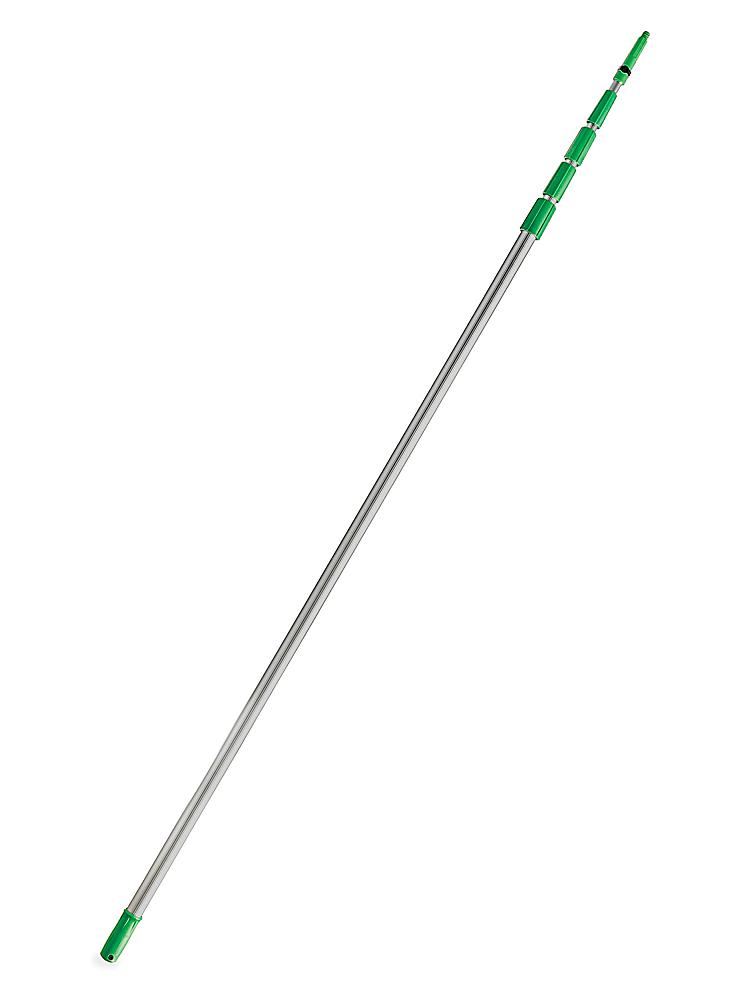- Joined
- Apr 29, 2019
- Messages
- 2,066
The panels are not that high up.
Know anyone with machining capability?
Find out what kind of cleaner is safe for the panels.
Make a washer on a long telescoping pole, like the ones professional window washers use to reach high windows in places where a ladder is not practical.
Here is one source, for a 30 foot reach, there are other sizes.

 www.uline.com
www.uline.com
Now some quality shop time, make something with a spinning brush head, A soap hose and a water hose running to the top. Then you can clean them yourself from the ground.
Know anyone with machining capability?
Find out what kind of cleaner is safe for the panels.
Make a washer on a long telescoping pole, like the ones professional window washers use to reach high windows in places where a ladder is not practical.
Here is one source, for a 30 foot reach, there are other sizes.
Telescopic Pole - 8-30' H-7228 - Uline
Telescopes to 30' for hard-to-reach places. Use with: Window Squeegees and Washers Professional Microfiber Duster High Access Cleaning Tools ULINE offers over 41,000 boxes, plastic poly bags, mailing tubes, warehouse supplies and bubble wrap for your storage, packaging, or shipping supplies.
Now some quality shop time, make something with a spinning brush head, A soap hose and a water hose running to the top. Then you can clean them yourself from the ground.

